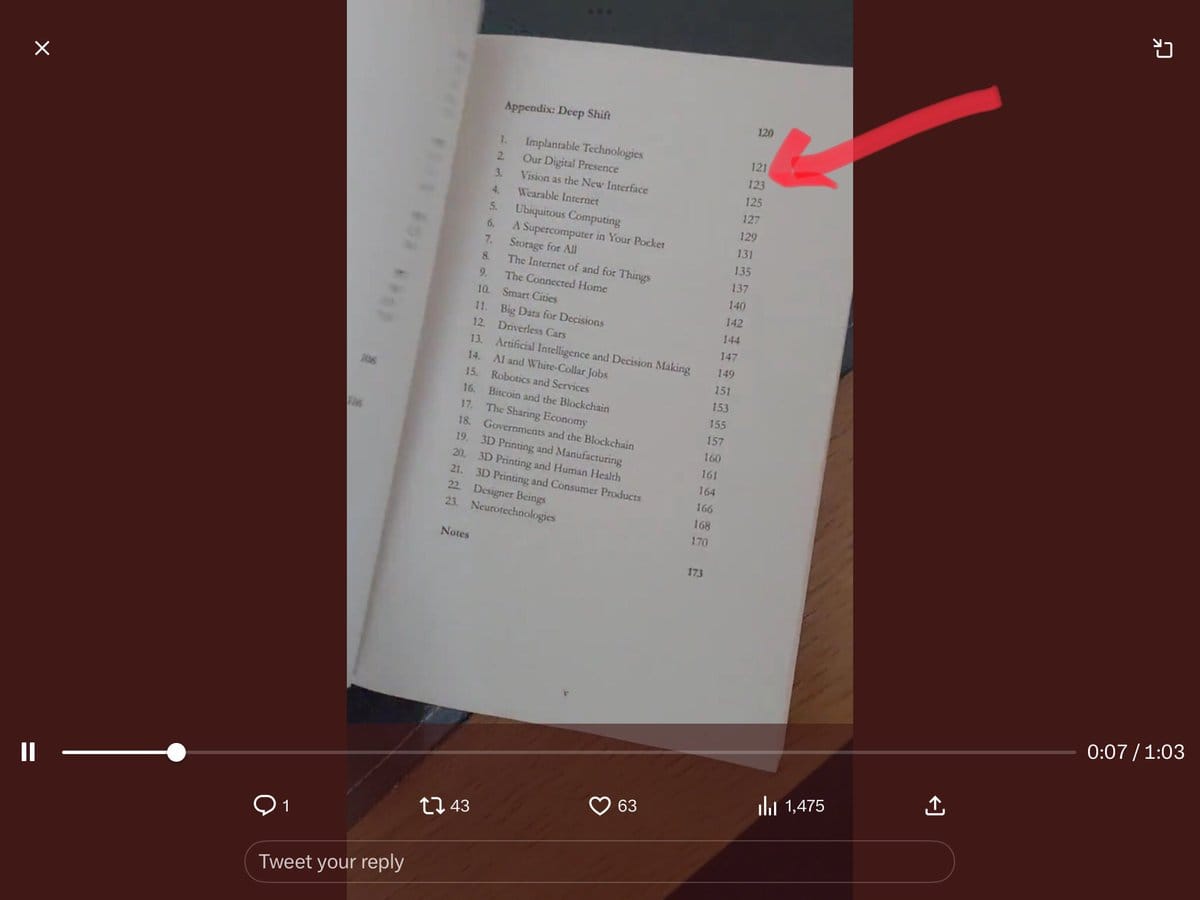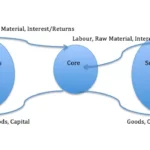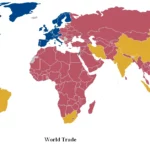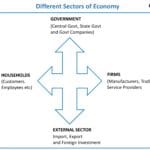This article examines the “Operation Lockstep” conspiracy theory, exploring its origins, claims, and the factual basis (or lack thereof) behind it. We’ll delve into the 2010 Rockefeller Foundation report that’s central to the theory and analyze why such misinformation spreads. Finally, we’ll provide readers with tools to critically evaluate information and navigate the complexities of the digital age.
Unraveling the “Operation Lockstep” Narrative
The “Operation Lockstep” conspiracy theory alleges that the Rockefeller Foundation orchestrated the COVID-19 pandemic as part of a plan for global domination. This theory hinges on a misinterpretation of a scenario presented within their 2010 report, “Scenarios for the Future of Technology and International Development.” Let’s unpack this narrative and separate fact from fiction.
The 2010 Rockefeller Foundation Report: A Closer Look
The report in question, “Scenarios for the Future of Technology and International Development,” explored four potential global scenarios, not just the one that has become the focus of the conspiracy theory. The report’s aim was to anticipate future challenges and opportunities related to technology and development, not to predict or engineer a specific outcome. One of these scenarios, titled “Lock Step,” did indeed depict a hypothetical pandemic. However, this fictional pandemic differed significantly from COVID-19.
Dissecting the “Lock Step” Scenario
The “Lock Step” scenario described a hypothetical pandemic originating from wild geese in 2012—not bats, as with COVID-19—and causing 8 million deaths in seven months, primarily among young adults. The scenario explored potential societal responses to such a pandemic, including increased authoritarian government control, restrictions on personal liberties, and potential public resistance. It’s crucial to understand that this scenario was a hypothetical exercise, a “what if” exploration, not a prediction or a plan of action. Just as a meteorologist forecasting a hurricane isn’t causing the hurricane, the Rockefeller Foundation’s exploration of a pandemic scenario wasn’t a blueprint for creating one.
Fact-Checking the Claims
Reputable fact-checking organizations, including Snopes, USA Today, Reuters, and PolitiFact, have thoroughly debunked the “Operation Lockstep” conspiracy theory. They confirm that no such operation exists and that the 2010 report did not predict or plan the COVID-19 pandemic. The details of the hypothetical “Lock Step” scenario, such as the virus’s origin and the year of the outbreak, clearly diverge from the reality of COVID-19.
Why “Operation Lockstep” Persists: Understanding the Allure of Conspiracy Theories
The persistence of the “Operation Lockstep” theory, despite being debunked, highlights the powerful appeal of conspiracy theories, particularly during times of uncertainty and crisis.
The Psychology of Conspiracy Beliefs
When faced with complex and frightening events like a global pandemic, people often seek explanations and a sense of control. Conspiracy theories, even if demonstrably false, can provide a seemingly simple narrative that offers a sense of order in a chaotic world. They often identify a clear villain and a straightforward explanation, which can be more comforting than grappling with the complexities and uncertainties of real-world events. Some research even suggests that believing in conspiracy theories can offer a sense of control in chaotic situations.
The Spread of Misinformation in the Digital Age
The “Operation Lockstep” theory also exemplifies the rapid spread of misinformation in the digital age. False narratives can quickly gain traction online, especially when they tap into existing anxieties and fears. This highlights the crucial need for media literacy and critical thinking skills. Questioning sources, looking for evidence, and considering multiple perspectives are essential for navigating the information landscape and avoiding the pitfalls of misinformation.
Critical Thinking and Media Literacy: Navigating the Information Landscape
In an era of information overload, developing critical thinking skills and media literacy is more crucial than ever. Here are some key strategies for evaluating information and avoiding misinformation:
- Consider the Source: Is the information coming from a reputable news outlet, a peer-reviewed scientific journal, or a random blog or social media post? Evaluate the source’s credibility and potential biases.
- Look for Evidence: Does the information presented include verifiable facts, statistics, and citations from reliable sources? Be wary of claims lacking supporting evidence.
- Be Aware of Emotional Appeals: Does the information evoke strong emotions like fear, anger, or excitement? While these emotions are natural, they can be exploited to manipulate beliefs.
- Cross-Check Information: Do other reputable sources corroborate the information? If not, be skeptical.
- Be Open to Changing Your Mind: If presented with compelling evidence that contradicts your beliefs, be willing to reconsider your position. Critical thinking involves being open to new information and revising one’s understanding as needed.
Show your support and raise awareness by learning more about the NCOPD ribbon and its significance. Delve into the fascinating world of astrology and uncover the NBA YoungBoy zodiac sign to gain deeper insights into his personality.
The “Operation Lockstep” theory serves as a potent reminder of the challenges we face in the digital age. By developing critical thinking skills and embracing a cautious, evidence-based approach to information, we can better navigate the complexities of our world and make informed decisions. While the allure of simple explanations is understandable, it’s essential to remember that truth is often complex and requires careful consideration. The future may hold further investigation and potentially different interpretations of the existing information, but a commitment to critical thinking will always be our most reliable guide.
- Red Cloud, NE: Discover Willa Cather’s Legacy - April 11, 2025
- Remember Old Social Media Sites? Their Rise and Fall - April 11, 2025
- How many days till Feb 3?Accurate Countdowns & Tools - April 11, 2025
















